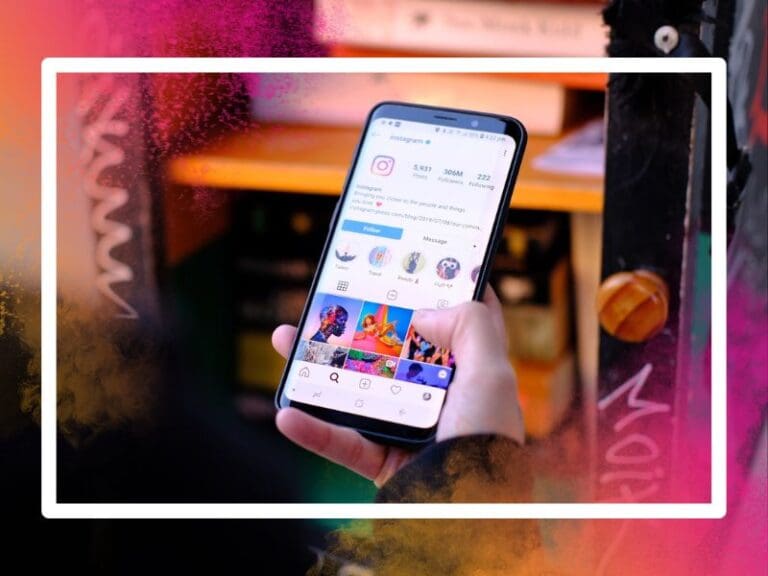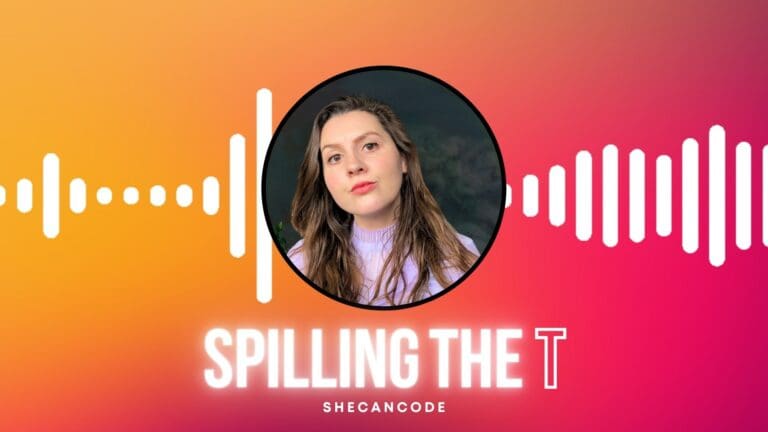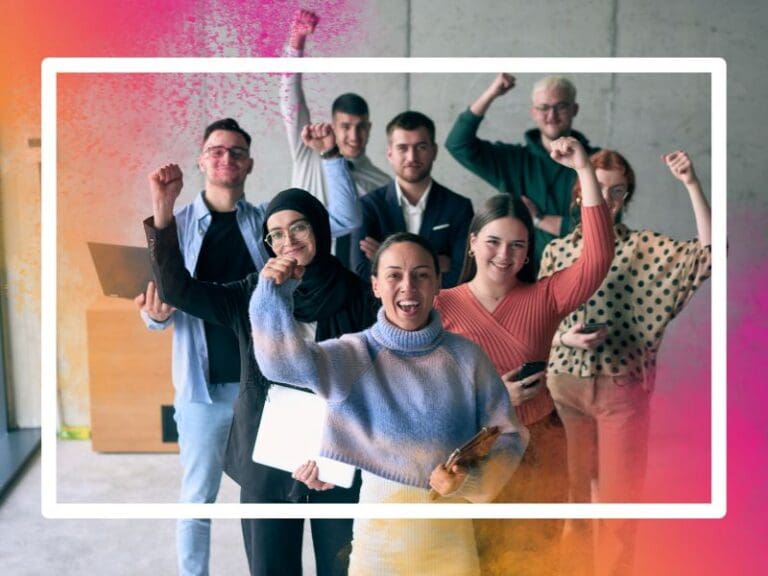There’s a growing awareness that our relationship with the internet isn’t working, particularly for women and marginalised communities.
 We know that mainstream platforms profit from our attention, not our wellbeing. We’ve seen how easily they allow harm to spread, then hand users the burden of managing it. And increasingly, we’re seeing people opt out. That’s where the concept of social self-care comes in. At its core, it’s about being intentional with how we connect both online and offline. It’s not just about deleting apps or taking breaks, though those are valid choices. It’s about recognising that social interaction is a part of our health, and the platforms we use can either support or sabotage it.
We know that mainstream platforms profit from our attention, not our wellbeing. We’ve seen how easily they allow harm to spread, then hand users the burden of managing it. And increasingly, we’re seeing people opt out. That’s where the concept of social self-care comes in. At its core, it’s about being intentional with how we connect both online and offline. It’s not just about deleting apps or taking breaks, though those are valid choices. It’s about recognising that social interaction is a part of our health, and the platforms we use can either support or sabotage it.
Just like we’ve come to prioritise sleep, food, or exercise as part of a broader wellbeing routine, social self-care means recognising that the quality of our social experiences and digital spaces impacts how we feel in our daily lives. It asks us to choose platforms that don’t just create consumption, but true connection, while actively protecting its quality instead of views. Ones that consider safety and respect as baseline features, not grudging afterthoughts.
A key tenet of social health is that the relationship you have with yourself is just as important as the relationship you have with others. In many cases, if your self-connection worsens, so does the quality of your relationships. For example, do we really think online trolls have high levels of self-esteem? That’s why on Communia, alongside all our social innovations, an entire half of the app is devoted to developing a connection with yourself. In this way, we’re creating a positive connection cycle instead of simply treating the symptoms of a broken digital environment – and an increasingly isolated IRL.
We started using “social self-care” not only as a way to describe how our app works, but also to signify the shift away from exploitative social media models that push us to constantly look outwards instead of inwards. Online harm isn’t just widespread, it’s expected. We know that women experience disproportionate levels of harassment, that queer and trans communities are targeted relentlessly, and that for many users, logging on means bracing for impact.
These aren’t isolated incidents, they’re patterns, and they’re being shaped by the architecture of the platforms themselves. What makes this moment different is that people are pushing back. There’s a quiet but powerful rejection happening, especially among Gen Z. Users are less interested in chasing virality or follower counts, and more interested in authenticity, boundaries, and mutual care. They want spaces that reflect their values, not just their content.
In fact, in 2023, 45% of Gen Z women said that they were going so far as to intend to leave social media apps because of safety and wellbeing concerns, and that’s the environment in which I built Communia. Not as a reaction to one bad experience, but in response to a larger trend: platforms that consistently put engagement ahead of protection, and convenience ahead of care. I knew there had to be another way.
Communia is leading a movement towards safer, wellbeing-focused tech. It’s not about being soft or idealistic. It’s about designing platforms that take human relationships seriously, not just as a metric, but as something worth safeguarding. That means building with intention. No public follower counts. No rage-baiting algorithms. A culture of care, built into every feature.
Communia saw a surge in users following the most recent US election, as more women have left platforms like Instagram and X in search of somewhere they could simply exist without being attacked. That growth wasn’t driven by marketing. It was driven by need.
And we’re not alone. Across the tech world, new platforms and communities are emerging that prioritise safety, consent, and genuine connection. They don’t rely on exploiting outrage or overstimulation. They rely on trust.
This shift isn’t about abandoning social media. It’s about reclaiming it. Social self-care doesn’t mean disappearing. It means showing up in spaces that honour your full humanity. It means treating digital connection as something worth protecting, not something to be endured.
As a founder, I believe that ethical innovation starts by asking who technology is serving, and who it’s harming. If you’re not designing with the most vulnerable users in mind, then you’re not building something sustainable. And if your platform only works when people are hurt, distracted, or addicted, then it’s not working at all.
We’ve spent the last decade being told that this is just the way things are online. That harm is inevitable. That scale requires sacrifice. But none of that is actually true. The rise of safer digital spaces is proof that a different internet is possible, one rooted in choice, accountability, and care.
The digital world is still new; we don’t have to settle for v1.








